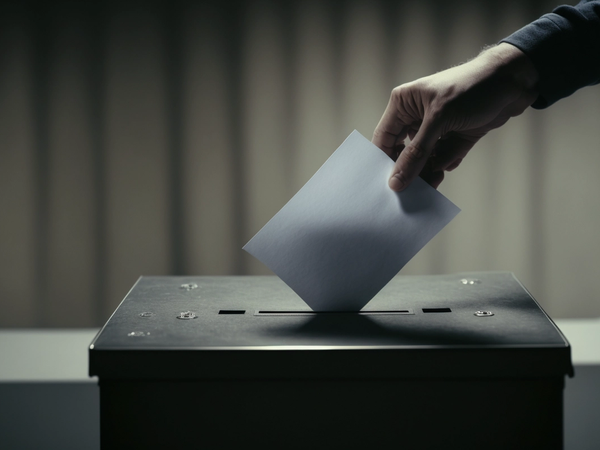Voting Age
Should the voting age be lowered? Pros and cons of allowing young people to participate in elections.By Ari Bahat, Turner Merritt, Emiliano Garcia-López Attribution: Midjourney
Attribution: MidjourneyIntroduction
In the United States, the legal voting age is currently set at eighteen, with preregistration available as young as 15 in some states. However, there has been an ongoing debate about whether the voting age should be lowered to allow younger people to participate in our democratic process.
Some believe that lowering the voting age would lead to higher levels of civic engagement. In contrast, others think younger people may need more life experience or maturity to make informed decisions at the ballot box.
For lowering
One argument for lowering the legal voting age is that political decisions impact young people significantly; therefore, they should have a say in the political process. People below the age of 18 still get taxed on their paycheck, so the founding principle of "no taxation without representation" might apply. In addition, advocates of lowering the voting age argue that young people are often the ones most affected by the government's decisions, such as education, healthcare, and the environment, so they claim that young people should have more voice and representation in these decisions and the political process as a whole.
Another argument for lowering the voting age is that it would encourage more young people to become engaged in politics and civic participation. Lowering the voting age might motivate more young people to become involved in the political process to learn about important issues, leading to a more informed and engaged electorate.
Historically, the voting age was higher, but the reason to lower it was that 18-year-olds could be drafted, so they in principle should at least be able to have a say in who the commander-in-chief is.
Against lowering
However, there are also arguments against lowering the legal voting age. One view is that young people need to be more mature to make informed decisions about political issues. Critics argue that young people are still developing their critical thinking skills and may need more life experience or knowledge to make rational decisions about complex political issues. Therefore, they argue that the voting age should remain at 18 to ensure voters can make pragmatic, informed decisions.
Another argument against lowering the voting age is that it could lead to more inexperienced and potentially unqualified candidates running for office. Detractors argue that younger candidates may need experience or knowledge to represent their constituents effectively. Therefore, lowering the voting age could lead to more inexperienced candidates seeking public office.
Discussion Questions
- Should the voting age be lowered to give young people a more significant say in the political process?
- Are young people mature enough to make informed decisions about political issues?
- Would lowering the voting age encourage more young people to become engaged in politics and civic participation?
- Could lowering the voting age lead to more inexperienced and potentially unqualified candidates seeking public office?
- How might lowering the voting age impact the political landscape and the democratic process?
- How else could we solve the problems of immature voters without infringing on rights?
- If you believe the age should be lowered, to where? Why not 12, for example? Where do you draw the line?